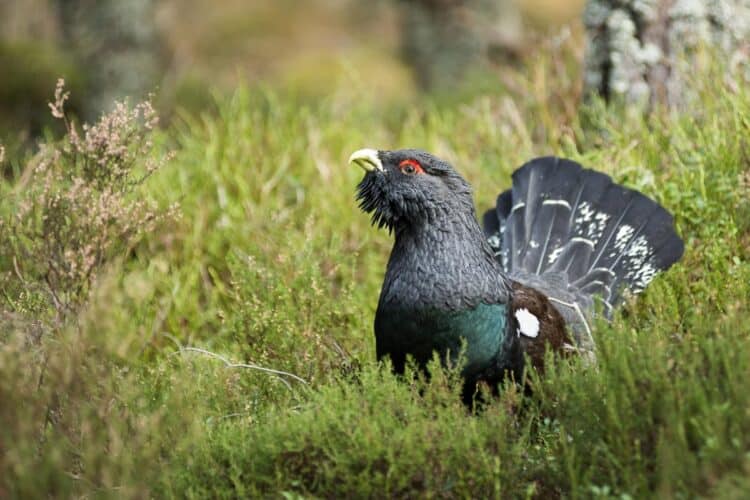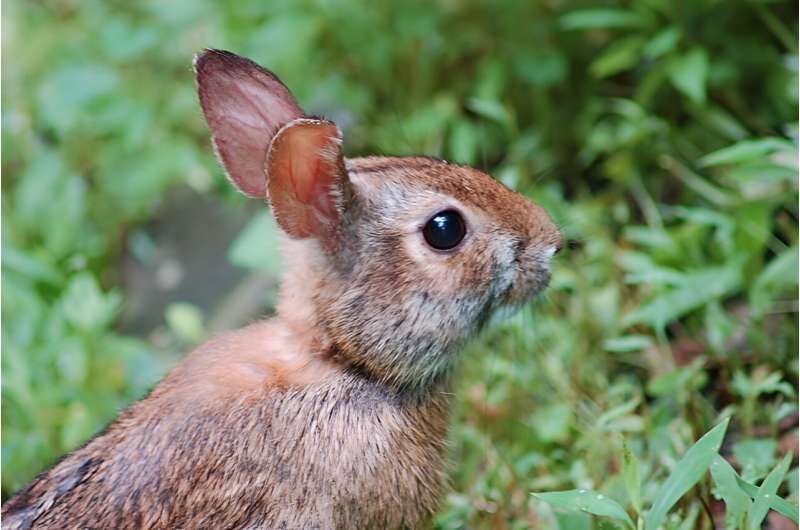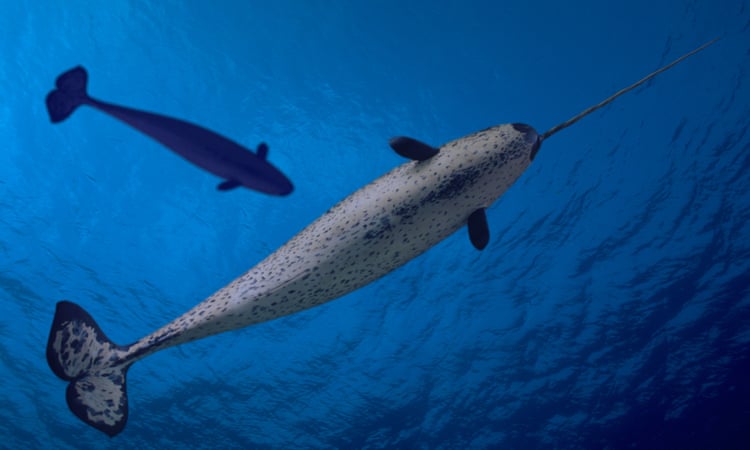The creation of Australia’s largest mine will have “serious detrimental and irreversible consequences” for the endangered black-throated finch and may even push it to extinction, a recovery team for the species has advised Greg Hunt, the federal environment minister.
The black-throated finch recovery team, comprised of scientists from the CSIRO and James Cook University as well as representatives from Townsville council, have written to Hunt and the Queensland government to warn of the impact of the $16.5bn Carmichael mine, set to be situated in the Galilee Basin region.
The letter states that there are only two remaining habitats where significant populations of black-throated finches remain, with the largest of these areas to be cleared to make way for the network of open-cut and underground mines that will make up the 455 sq km Carmichael project.

The clearing of 87 sq km of prime finch habitat will pose a “serious risk” to the future of the species, the recovery team warns, while plans to mitigate the threat are “inadequate”.
Adani, the Indian mining firm that will operate the mine, is required to find more than 28,000 hectares of habitat outside the mining site for the finches, as part of an “offset” strategy to compensate for habitat loss.
However, the recovery team states this will not work because “any prospective offset that consists of suitable habitat will already be supporting black-throated finches and so cannot provide habitat for displaced birds”.
“If it is not currently occupied by black-throated finches it is unlikely that it provides quality habitat and it cannot be converted to suitable habitat in a reasonable time frame. This is assuming that suitable habitat could be created from unsuitable habitat, and there is no evidence that this can be achieved.
“Any offset strategy will result in a net loss of habitat for the black-throated finch.”
Concerns over the impact of mining upon the black-throated finch have previously been dismissed by federal MP and businessman Clive Palmer, who has plans for a separate Galilee Basin mine and pointed out that the birds “have wings and can fly” from danger.Dr April Reside, an ecology scientist at James Cook University and member of the recovery team, said there’s been a 59% decline in black-throated finch numbers over the last decade and that there could be fewer than 1,000 of the birds left.
“The Carmichael mine area is the best remaining habitat we know of, so the digging up of this site could mean the extinction of this finch,” she told Guardian Australia.
“These finches are very mobile and capable of flying long distances. If there were habitat capable of hosting them, they’d already be there. I’ve seen Adani say that with offsets there could be a net benefit to the finch, which is beyond ludicrous. We need to make sure the decision-makers know the facts.”
Reside said the endangered black-throated finch, described by the Department of Environment as 12cm in length and “gregarious”, is an “extraordinary” bird that deserves protection.
Adani has funded surveys of the black throated finch at the mine site and found nine instances of the birds in flocks of up of 30 individuals. The potential habitat of the finch covers around two-thirds of the project’s area, which is 160km north of the town of Clermont in central Queensland and will extract 60m tonnes of coal at capacity.
Adani is required to identify offset habitat for the finches at least three months before mining commences, with the plan to be signed off by Hunt, who has already approved the mine itself. However, alternative habitat has yet to be outlined by the company.
“Adani’s black-throated finch management plan will meet the strict requirements of the Carmichael mine’s rigorous state and federal approvals,” said an Adani spokesman.
“The company is working with experts to develop an adaptive management plan that encompasses black-throated finch research programs and the provision of significant offset areas.
“Adani has substantially progressed these programs, and has done so in consultation with experts that include members of the black-throated finch recovery team.”
This article was first published by The Guardian on 24 Apr 2015.






Leave a Reply